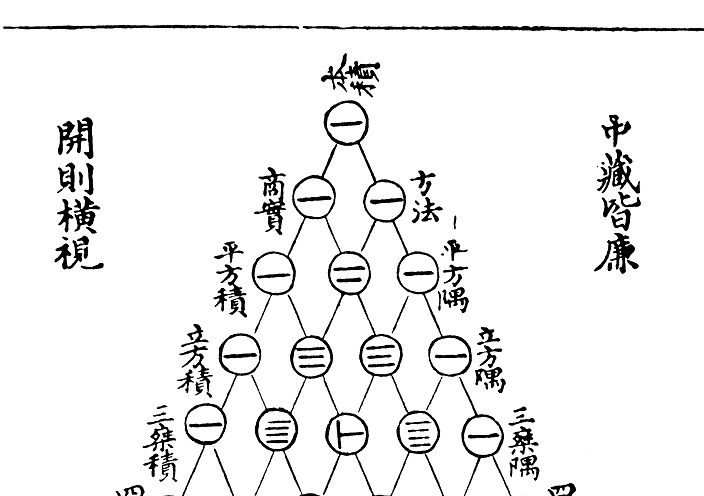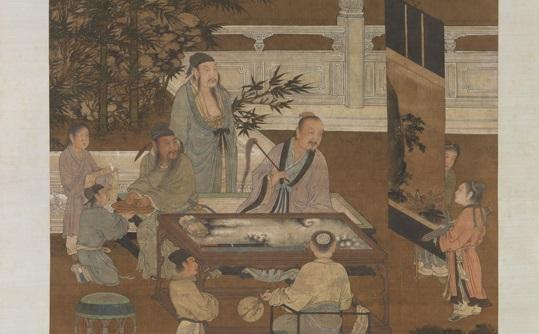The Three Character Classic, or San Zi Jing, is the best known classic Chinese text for children. Written by Wang Yinlian (1223–1296) during the Song Dynasty, it has been memorized by generations of Chinese, both young and old. Until the 1800s, the Three Character Classic was the very first text that every child would study.
The text’s rhythmic, short, and simple three-character verses allowed for easy reading and memorization. This enabled children to learn common characters, grammar structures, lessons from Chinese history, and above all how to conduct oneself.
It is said in the Three Character Classic:
He who is the son of a man
when he is young
should attach himself to his teachers and friends,
to learn propriety and decorum.Xiang, at nine years of age,
could warm (his parents’) bed.
Filial piety towards parents,
is that to which we should hold fast.Rong, at four years of age,
could yield the (bigger) pears.
To behave as a younger brother towards elders,
is one of the first things to know.
In the last two articles of this series, we learned about the challenging yet important role of parents in raising children.
But it takes two hands to clap, and children too must learn the challenging yet important duty of respecting one’s elders.
Respecting elders is deeply ingrained in Chinese culture. It takes many forms, including filial piety toward our parents, obedience toward our teachers, and deference toward senior citizens.
But why should we make the effort to respect to our elders? The following well-known folktale provides a compelling reason.
‘Come Back in Five Days!’
Zhang Liang (3rd century BC – 186 BC) was a brilliant military strategist from the Western Han Dynasty. His contributions enabled Liu Bang to unify China under the Han Dynasty, and he was known as one of the “Three Heroes of the early Han Dynasty.”
According to legend, Zhang Liang’s historic achievements would not have been possible if not for his great tolerance and respect toward one elderly man.



